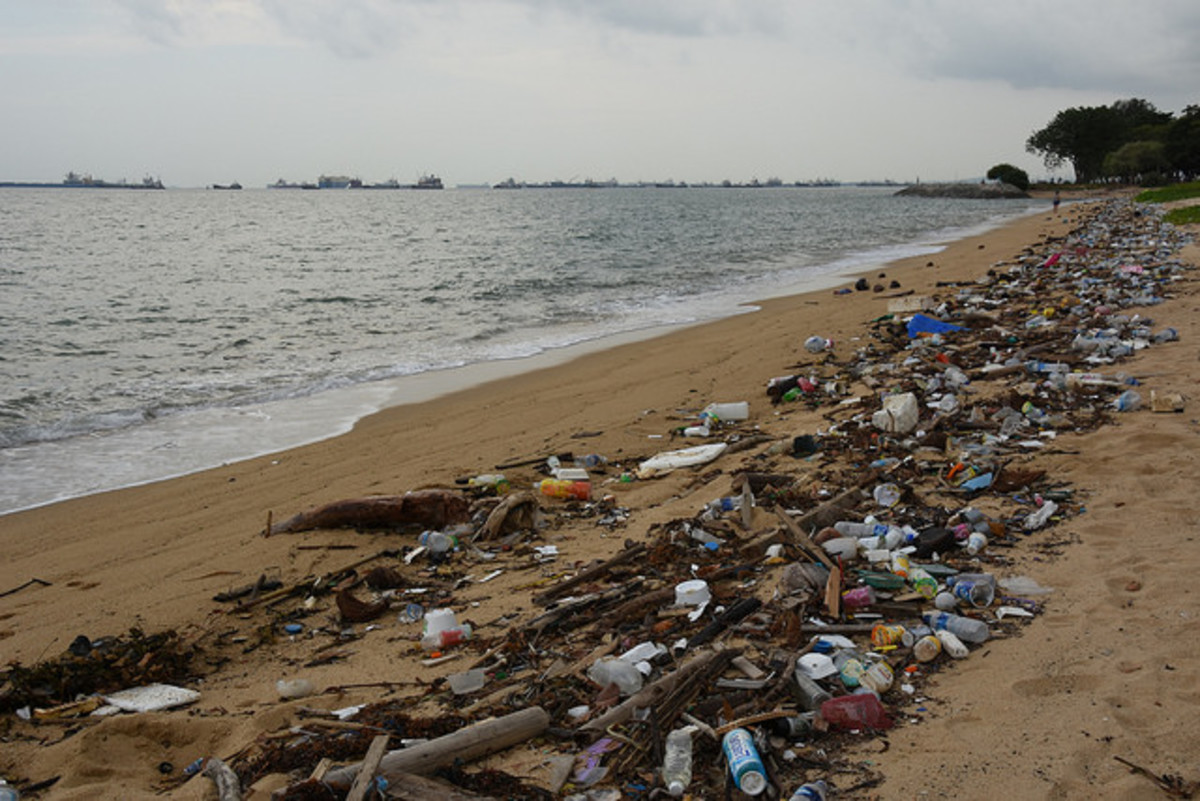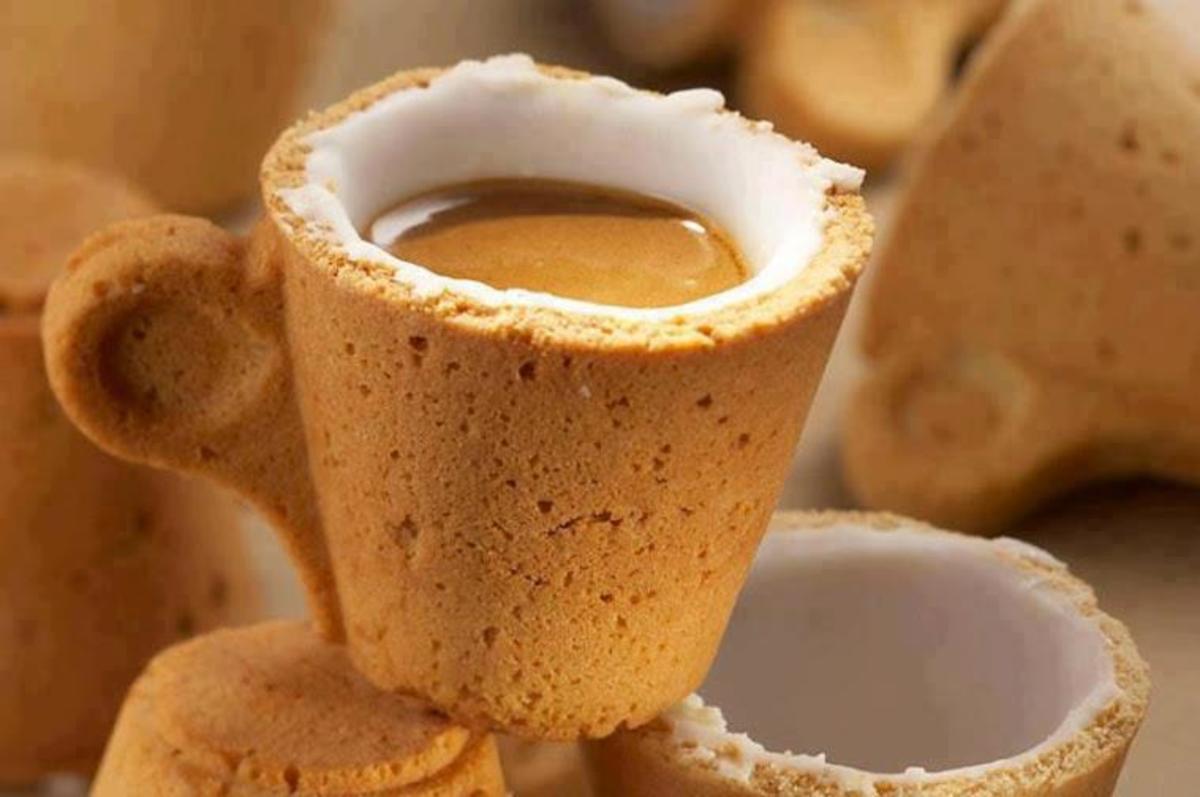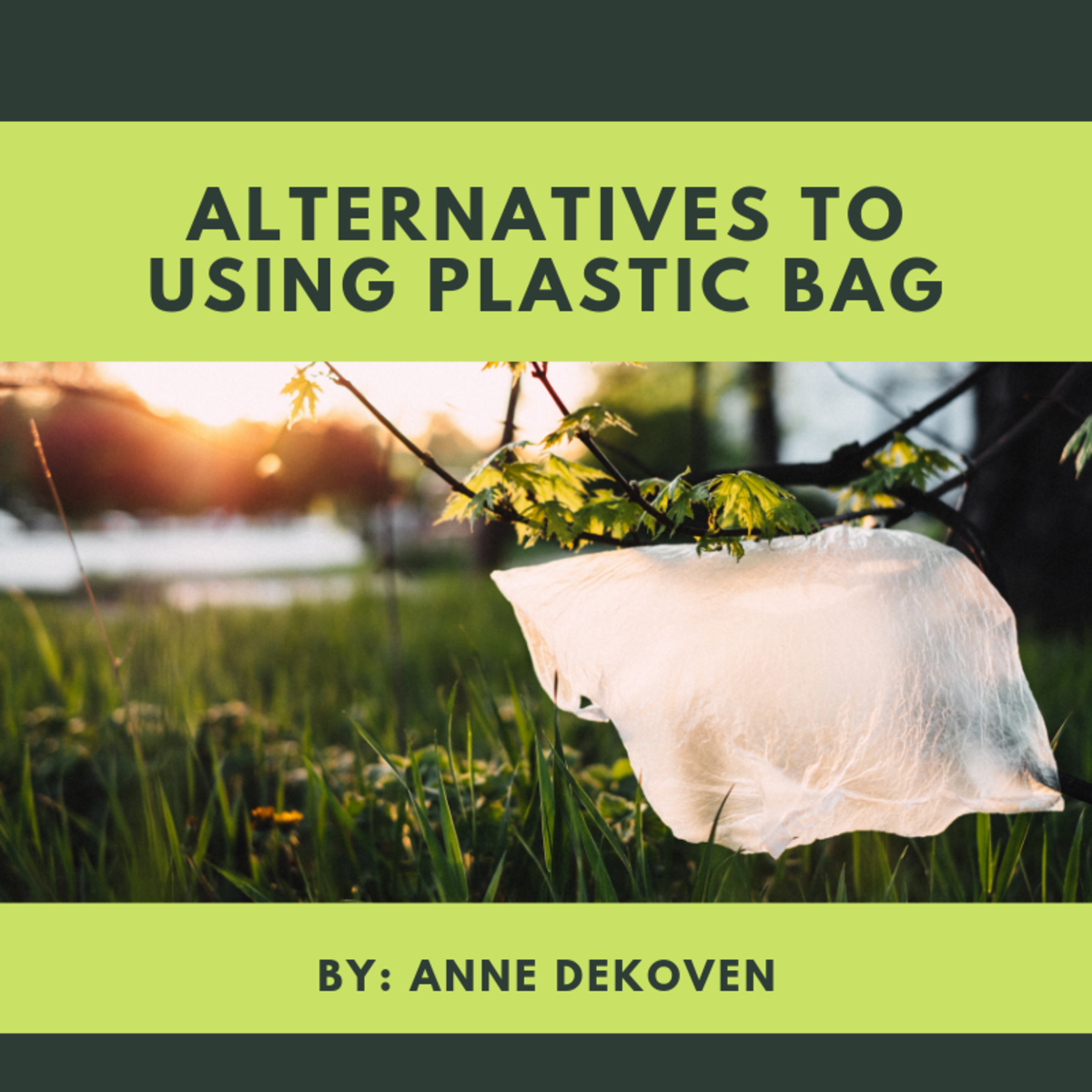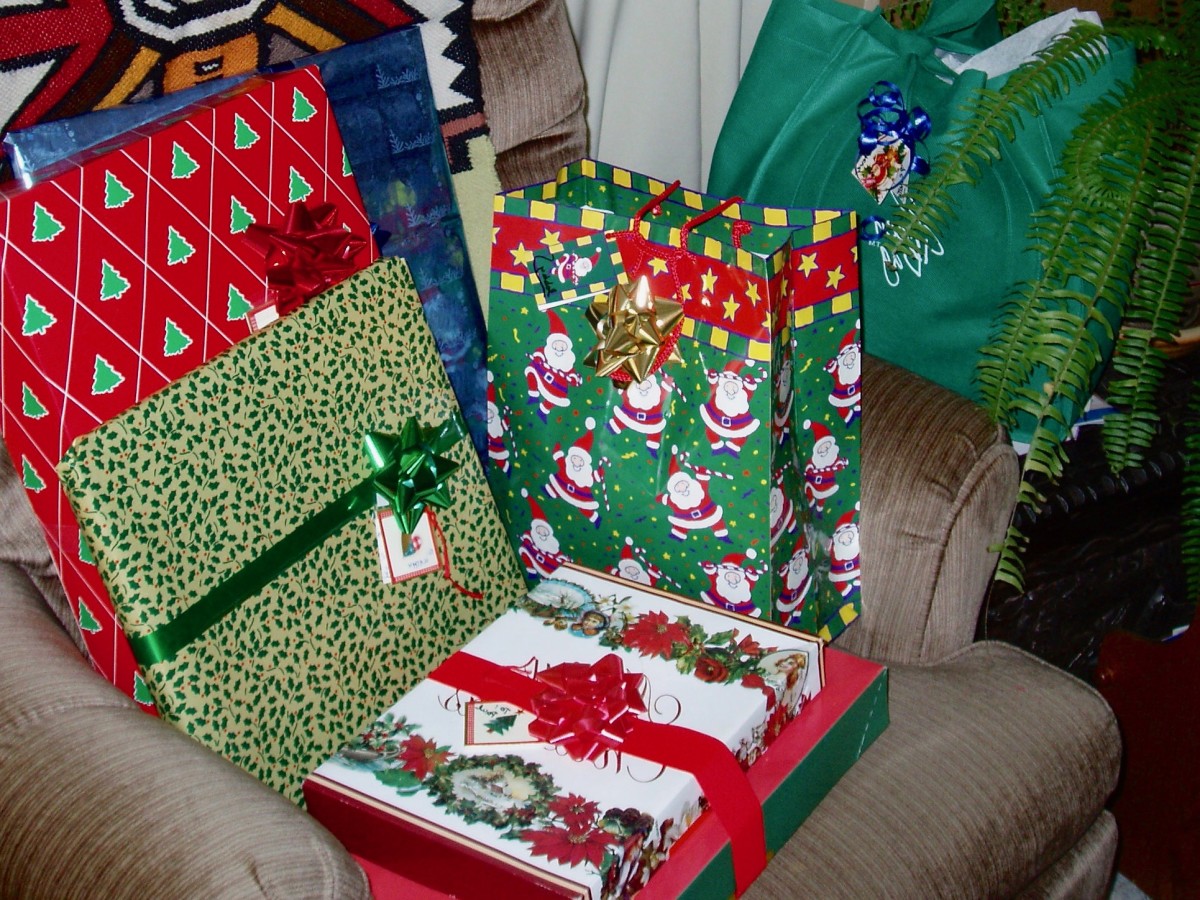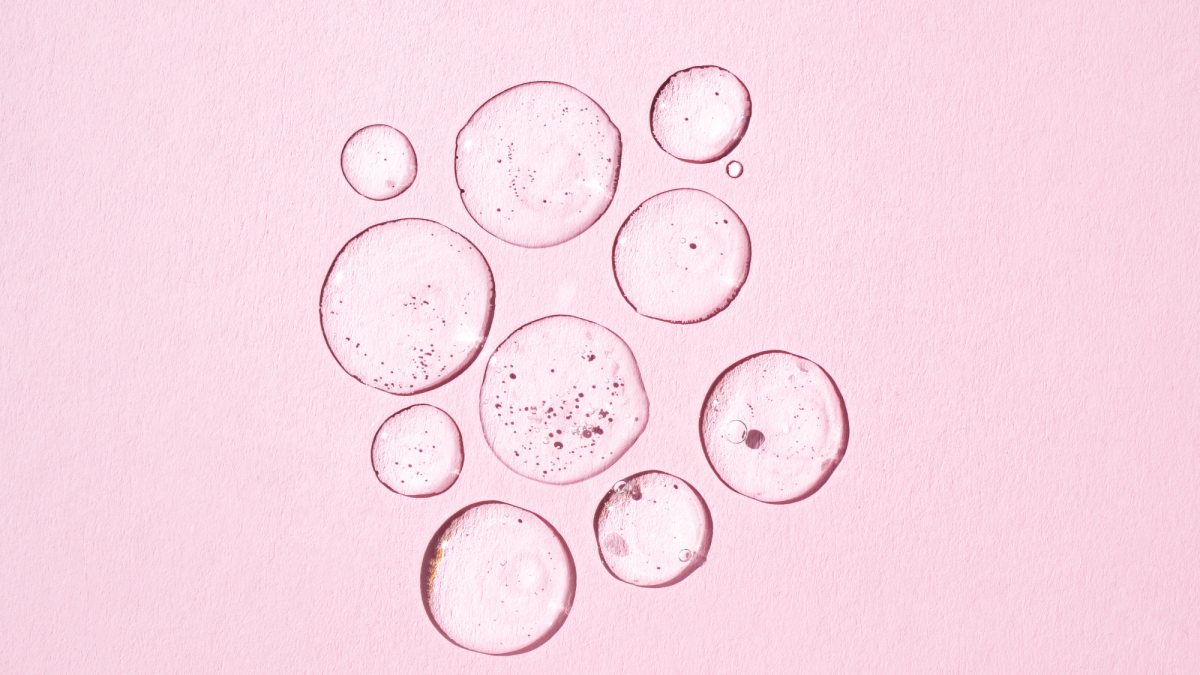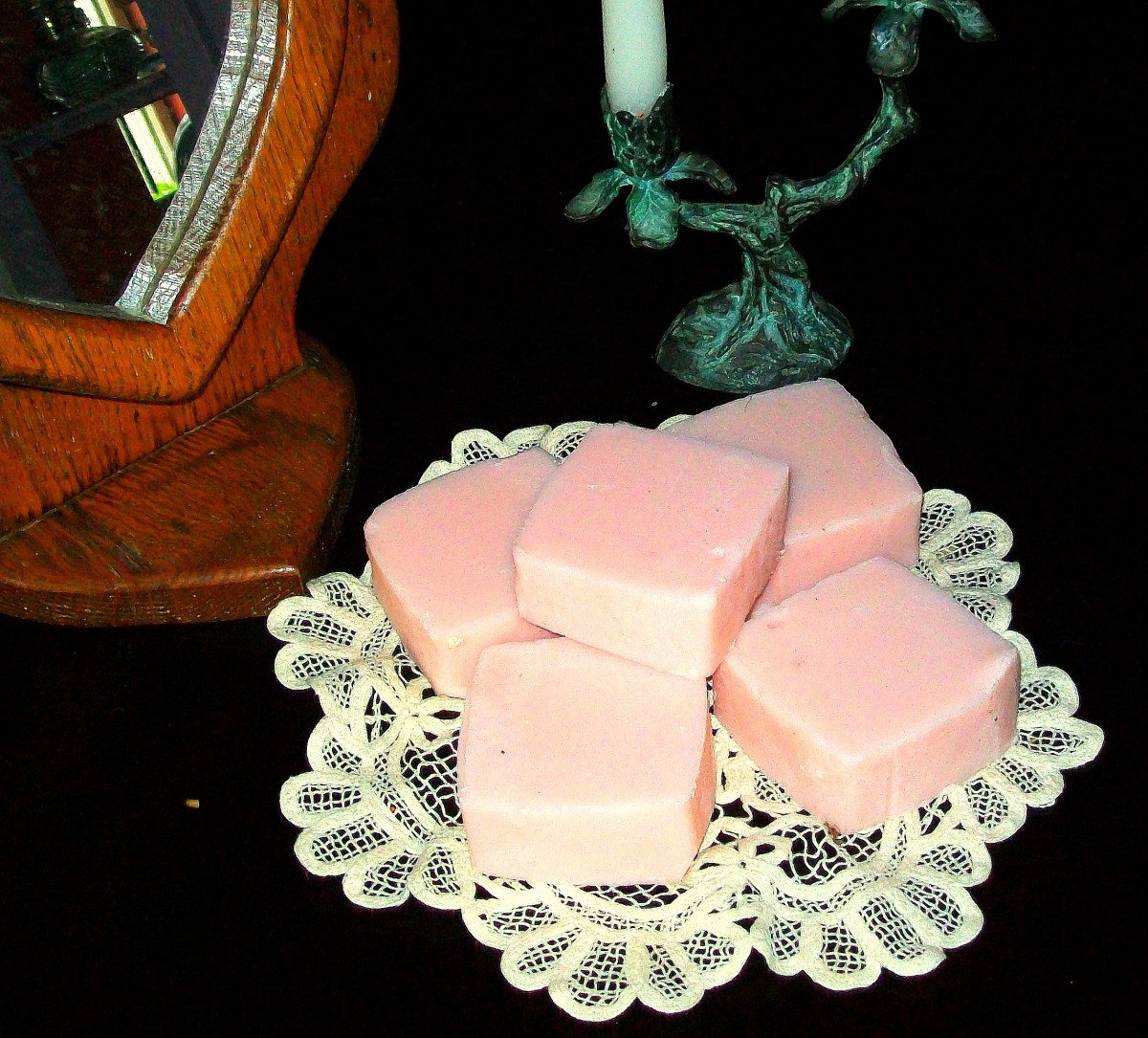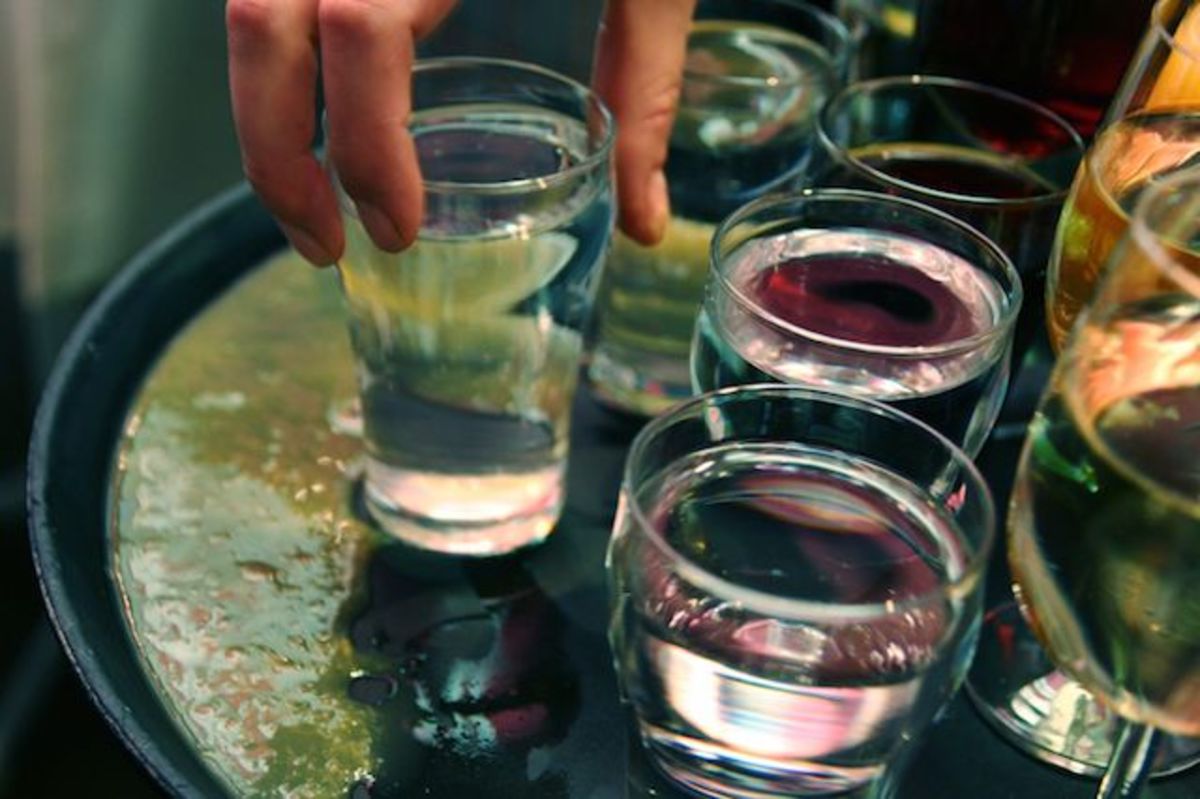3 Easy Ways to Reduce Plastic
Why Reduce Plastic Use?
Let's face it - there's a lot of plastic out there. Over 1,000 plastic bottles are purchased every minute. Roughly 23% of these bottles are recycled in the US, but with China not buying recycling from the US, and other countries following suit, we're looking at sitting on mountains of single-use plastic with each passing moment.
We all know that plastics take thousands of years to completely degrade, but that doesn't mean they remain intact for that long. Rather, plastics start leaching poisonous chemicals, carcinogens, and hormone disruptors as they mix with water, sunlight, and heat. These chemicals get eaten up by fish and eventually make their way back into our bodies via bioaccumulation.
Reducing plastic use means cutting out the need for future plastics to be produced, helping to reduce the burden on our bodies, the environment, and our children's children (children's children's children, etc.).
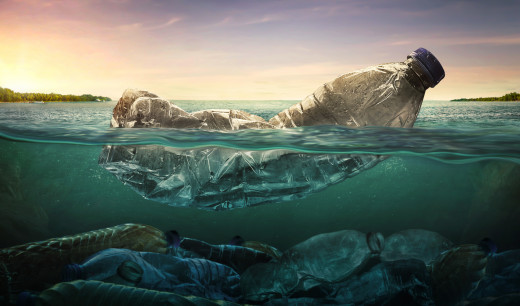
Top 3 Ways to Reduce Plastics
1. Invest in reusable packaging
2. Buy raw, and in bulk
3. Be mindful and prepare
Step 1: Invest in Reusable Packaging
Single-use plastics are immediately discarded. You can even try using a resealable plastic bag a few times, but it's doomed to end up in the landfill (or the ocean) within a few short weeks. Reusable food containers are a great way to start on a path of plastic-busting!
Tupperware and HDPE plastic containers are useful, but can potentially leach toxins into your food when you heat it in the microwave. Figuring out if you can recycle Tupperware is also a challenge for many people. Any mangled containers, or those caked with food, will likely end up in the landfill any ways. Choose glass containers with recyclable HDPE or silicone tops for the best in durability in the kitchen and sustainability.
When looking at health and beauty products, always take the time to choose a product with sustainable packaging. Choosing a lip balm in a reusable tin is more sustainable than plastic tubes. The tin can be easily recycled with 90% efficiency and is more likely to be accepted into recycling centers.
Finally, one of my most favorite containers is the classic Ball mason jar. There are many styles to choose from for storing food, office supplies, and even plants! Give these hardy fellas a shot.
Can I Recycle This?
Always check with your municipal waste management organization to see if you can recycle something. Some counties will sort and recycle anything, while others may just lump it in with landfill.
Always clean food out of anything you put in the recycling bing, or else it can gum-up the sorting equipment.
2. Buy Raw and in Bulk
Now that you have your fancy reusable glass container, it's time to take it on a test drive to your local grocery store. Take your containers to the helpdesk and have them tare the weight of the jar for you. Some stores weigh produce by ounces, and others use the metric system. Use a marker to record the tare weight on your containers to ensure a speedier checkout.
You can now fill your containers with spices, bulk foods, and even produce. Consider the hundreds of plastic bags you will be saving from the landfill (even if your grocery store collects plastic bags for recycling).
This practice may not seem impactful enough, but it lends itself to the next step.
3. Prepare and be Purposeful
You've cut out your single-use plastic packaging at home and may have even started bringing your reusable containers to the store to fill with bulk nuts, flour, and spices. These first two steps have brought you to the third step of being prepared and purposeful in what you purchase.
By thinking about the amount of waste you bring into your home, you will start to make different choices on what you buy. In our household, we make a game of having to take out the trash as little as possible (that, and/or I'm lazy and it's cold outside).
Honestly, it can take a lot of mental focus to figure out which brands to support and what products to buy. You don't have to go plastic-free on your first trip to the store! Just try to reduce the plastic you bring home each trip. Over time, you will find brands which help you make more sustainable choices.
Choosing eco-friendly options gets easier over time - I promise!
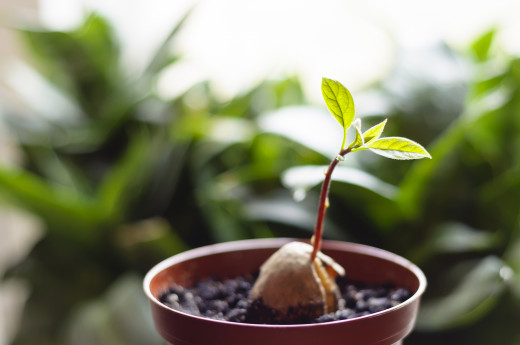
© 2019 Jhustin Hall

